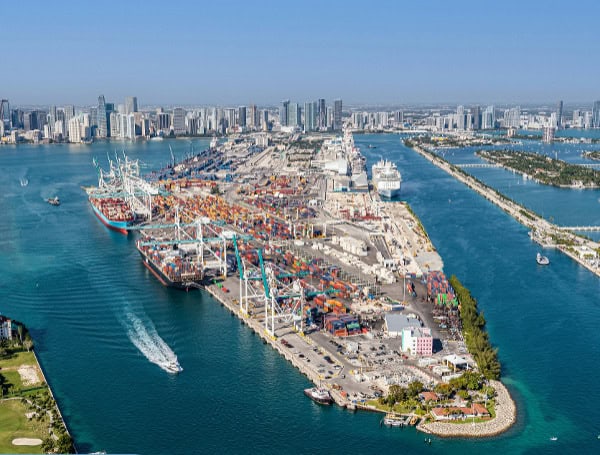The U.S. Department of Energy (DOE) has announced the removal of a key regulatory hurdle for liquefied natural gas (LNG) exporters, rescinding a policy statement that imposed stringent criteria for extending project commencement deadlines. The move is intended to streamline the export process and encourage further U.S. LNG exports.
The now-rescinded policy, implemented in April 2023, required LNG exporters to demonstrate that their projects were under construction and that extenuating circumstances beyond their control prevented exports within seven years of authorization before the DOE would consider extending their deadlines.
The DOE has now returned to its previous practice of evaluating extension requests on a case-by-case basis.
“I am glad to sign this action to return to common-sense policy on reviewing commencement date extension requests,” said Tala Goudarzi, Principal Deputy Assistant Secretary of the Office of Fossil Energy and Carbon Management. “Throughout the past few years, many factors, including the actions of the prior administration, have made it unnecessarily rigid to obtain and maintain an authorization to export U.S. LNG to non-free trade agreement countries.”
DOE authorizations for LNG exports to non-free trade agreement nations typically require exports to begin within seven years. This timeframe is intended to allow for the financing and construction of export facilities. However, project developers can request extensions based on individual circumstances.
READ: Louisiana Sen. John Kennedy Warns Of Uncertain Economic Fallout From Trump’s New Tariffs
The rescission of the 2023 policy removes what the DOE now deems “unnecessary red tape” from the LNG export permitting process. This action follows a series of recent DOE decisions aimed at facilitating LNG exports, including approvals for Commonwealth LNG and CP2 LNG, as well as extensions for Golden Pass LNG and Delfin LNG projects, and an order removing barriers for LNG bunkering fuel.
The DOE’s decision signals a shift towards a more flexible regulatory environment for LNG exporters, potentially leading to increased U.S. LNG exports in the future.
Please make a small donation to the Tampa Free Press to help sustain independent journalism. Your contribution enables us to continue delivering high-quality, local, and national news coverage.
Connect with us: Follow the Tampa Free Press on Facebook and Twitter for breaking news and updates.
Sign up: Subscribe to our free newsletter for a curated selection of top stories delivered straight to your inbox.
